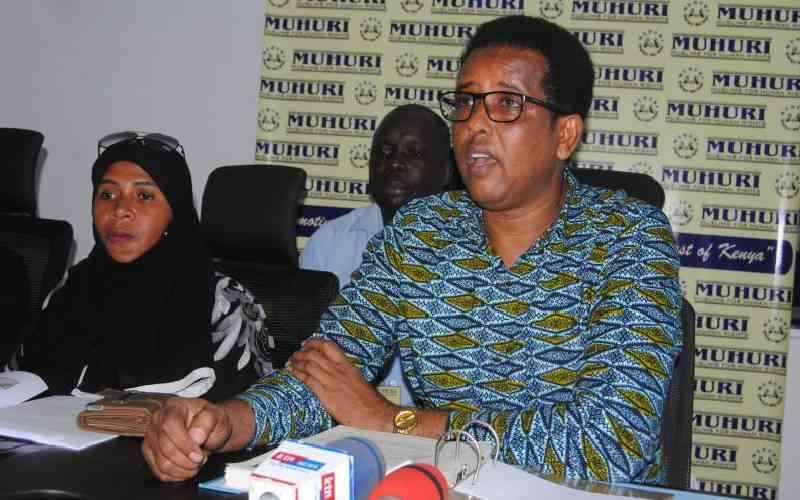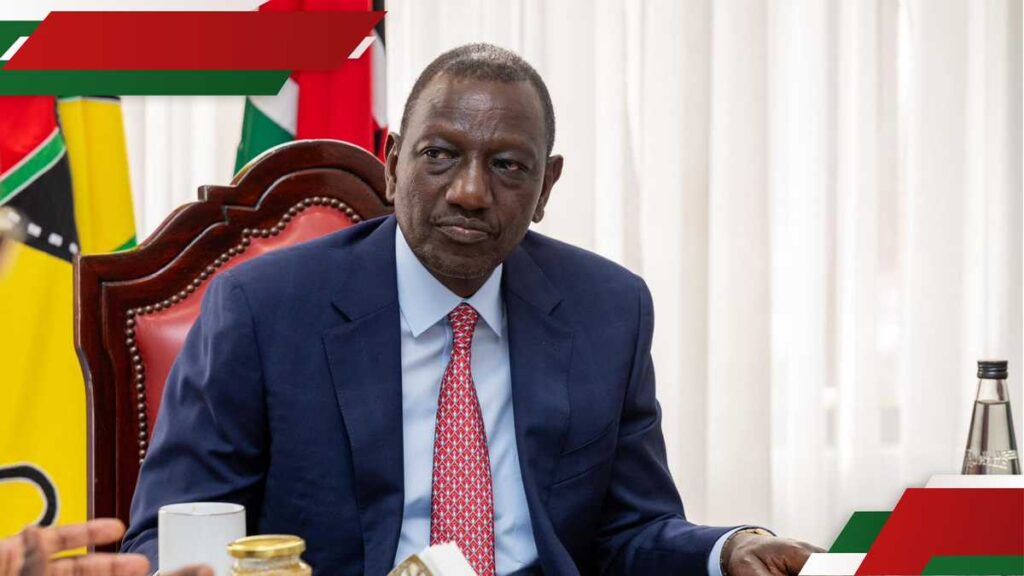The push to operationalise the long-stalled Public Benefits Organisations Act gathered momentum as the PBO Regulatory Authority (PBORA) concluded a public participation session.
The forum held in Nairobi brought together heads of over 100 international NGOs, regional offices and legal consultants.
“We want this process completed and the Act operationalised. It is something that we need as Public Benefits Organisations because it was in limbo since 2013,” said Hassan Abdille, Country Director of Islamic Relief Kenya.
The stakeholders called for urgent finalisation and gazettement of the supporting regulations. The implementation of the Act has been delayed due to legal and political roadblocks. The law, which replaces the NGO Coordination Act, introduces a more progressive and collaborative regulatory framework.
The public participation discussed draft regulations that will give the law teeth and allow PBORA, which replaced the NGO Coordination Board, to begin full implementation.
Keith Doyle, Country Director of Action Against Hunger and chairman of the INGO Forum, said the session marked a significant step in aligning regulatory clarity with the evolving complexity of global humanitarian and development operations.
“The NGO Act that we have been governed under has been acceptable, but the new PBO Act gives more provisions and a better enabling environment. It helps us do more for the people of Kenya and the region,” said Doyle.
The draft regulations propose four modalities of PBO registration, a move that could complicate operational structures for federated organisations operating in multiple countries.
“Many INGOs are unique in structure. Some operate regionally, some have dual roles as donors and implementers. Fitting all these into rigid boxes will be difficult, but we have made some progress,” he added. [Jacinta Mutura]
Victor Mbongi, a representative of the legal consultant hired to support the regulation drafting process, said the exercise capped off a nationwide series of engagements designed to reflect the diversity of players in the sector.
“We have engaged over 12 forums across the country,y and today’s INGOs session was crucial. Their input will help refine the draft regulations to ensure the final version is responsive, grounded in the sector’s needs and realities,” said Mbongi.
According to Mercy Soy, assistant manager, Legal Affairs at PBORA, the new regulations also unlock progressive benefits for both local and international PBOs.
These include a specialised PBO Dispute Tribunal to resolve sectoral disputes more efficiently, tax exemptions, and a new mandate for training and capacity building, especially at the grassroots level.
Stay informed. Subscribe to our newsletter
Soy stated that the introduction of a tribunal will ease in resolving of disputes related to the sector.
“Previously, disputes in the NGO sector would have to be handled in courts, and this would mean there would be delays in how these disputes would be resolved and in the turnaround time,” said Soy.
“The net effect for this would mean that activities and projects in NGOs would have to stall until such a point when these disputes have been resolved,” she added.
She emphasised that the Act provides for collaborative frameworks with county governments, allowing NGOs to implement projects countrywide with regulatory and operational support from both PBORA and devolved units.
“The PBO Act introduces what we call income-generating activities. That means PBOs formerly NGOs are allowed to carry out social enterprises,” said Soy.
“They can only do this if these social enterprises are related to their charitable activity and what they gain, and the proceeds from these income-generating activities are ploughed back into the organisations for purposes of sustainability,” she added.
With the public participation window closing on July 25, Soy said PBORA will next consolidate feedback into the final draft of the regulations.
This will be followed by a validation forum, after which the document will be submitted to Parliament and the Attorney General’s Office for approval and gazettement by the Cabinet Secretary.

























